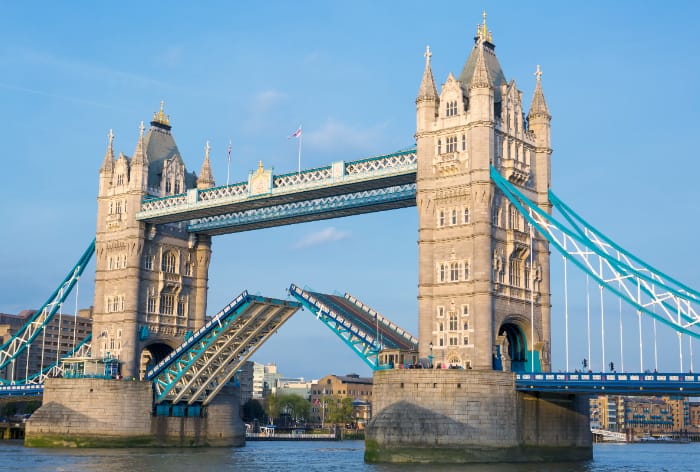
[ad_1]
London: Over the past few years, Indian students have been flocking to UK universities in large numbers. This trend can be attributed to several factors, including the quality of education, the multic

London: Over the past few years, Indian students have been flocking to UK universities in large numbers. This trend can be attributed to several factors, including the quality of education, the multicultural environment, and the opportunities for personal and professional growth. However, with new visa rules and imposed restrictions, applications for the UK seem to go in a downward direction. Yes, Amid ongoing review for post-study work visa and restrictions on bringing along dependents on government-funded scholarships, official statistics released on Thursday showed Indian students are beginning to show signs of being turned off from applying for British universities with a four per cent drop in the applications from the country.
While the Universities and Colleges Admissions Service (UCAS) data show the overall number of international students for undergraduate places increased by 0.7 per cent, Nigerians and Indians were leading a downward trend after record rises in recent times. As per the news agency PTI report, applications from India fell 4 per cent compared to last year to 8,770 and from Nigeria by 46 per cent to 1,590.
“UK higher education remains attractive globally, with a 0.7 per cent increase in international applicants. The highest increases are China (3 per cent, 910 applicants), Turkey (37 per cent, 710 applicants) and Canada (14 per cent, 340 applicants). There has been a decrease in applicants from Nigeria (minus 46 per cent) and India (minus 4 per cent),” the UCAS data for this year showed, news agency PTI reported.
Applications from India fell 4 per cent compared to last year to 8,770 and from Nigeria by 46 per cent to 1,590
The reason for this decline after consistent rises is likely to be the ongoing review announced by Rishi Sunak-led government into the Graduate Route visa, which offers graduates the chance to stay on and gain work experience for at least two years after their degree.
The independent Migration Advisory Committee (MAC) has been commissioned by the Home Office to review this post-study work visa, as it is commonly referred to. In the student visa category, Indian nationals represent the largest group of students granted leave to remain on this route, making up 43 per cent of grants last year.
Another factor behind the drop is likely to be a clampdown in effect from last month on overseas students on all but postgraduate research courses and courses with government-funded scholarships bringing along dependents, or close family members, to the UK.
“While today’s data shows a decline in applications from mature students, which will be more keenly felt in some subjects such as nursing, we know that these applicants are more likely to apply later in the cycle,” said Dr Jo Saxton, Chief Executive at UCAS.
“For any students who missed the deadline or are still undecided on their next steps into higher education, they can still apply until June 30, and afterward directly to Clearing, and plenty of choices still remain. There is a wealth of support, guidance, and tips on the UCAS website to help anyone make informed choices about their futures,” she said.
(With PTI Inputs)
Topics
[ad_2]